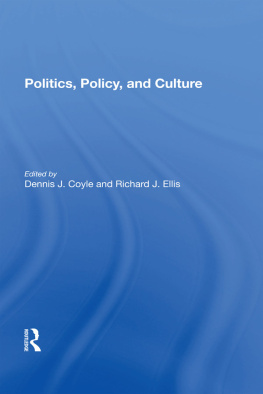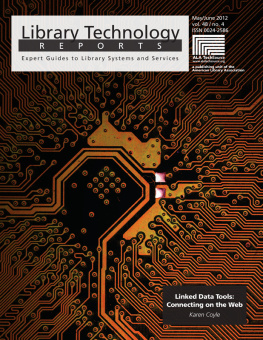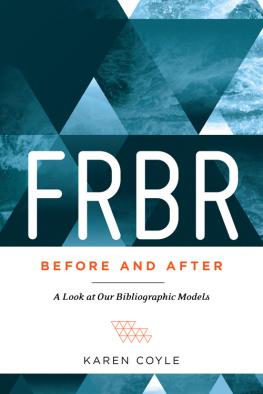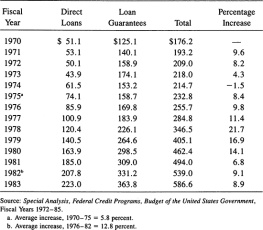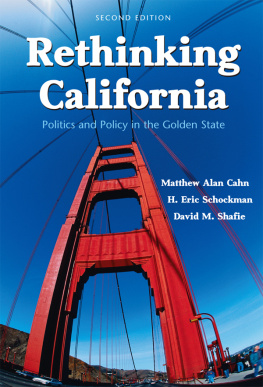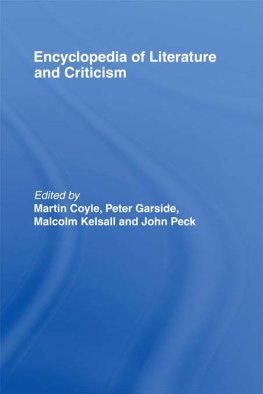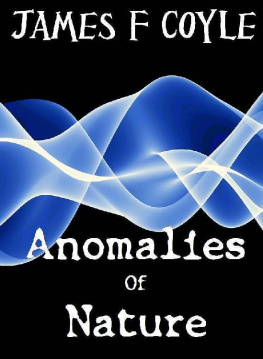Politics, Policy, and Culture
POLITICAL CULTURES
Aaron Wildavsky, Series Editor
Political cultures broadly describe people who share values, beliefs, and preferenees legitimating different ways of life. This series is distinguished by its openness to a variety of approaches to the study of political cultures; any defensible comparison, definition, and research method is considered. The goal of this series is to advance the study of political cultures conceived generally as rival modes of organizing political and social life.
A single set of common concerns will be addressed by all authors in the series: what values are shared, what sorts of social relations are preferred, what kinds of beliefs are involved, and what the political implications of these values, beliefs, and relations are. Beyond that, the focal points of the studies are open and may compare cultures within a country or among different countries, including or exeluding the United States.
Books in the Series
Politics, Policy, and Culture
Dennis J. Coyle and Richard J. Ellis, editors
The American Mosaic: The Impact of Space, Time, and Culture on American Politics
Daniel J. Elazar
The Malevolent Leaders: Popular Discontent in America
Stephen C. Craig
Handling Frozen Fire
Rob Hoppe and Aat Peterse
Cultures of Unemployment: A Comparative Look at Long-Term Unemployment and Urban Poverty
Godfried Engbersen, Kees Schuyt, Jaap Timmer, and Frans Van Waarden
Culture and Currency: Cultural Bias in Monetary Theory and Policy
John W. Houghton
A Genealogy of Political Culture
Michael E. Brint
Cultural Theory
Michael Thompson, Richard Ellis, and Aaron Wildavsky
District Leaders: A Political Ethnography
Rachel Sady
First published 1994 by Westview Press
Published 2019 by Routledge
52 Vanderbilt Avenue, New York, NY 10017
2 Park Square, Milton Park, Abingdon, Oxon OX14 4RN
Routledge is an imprint of the Taylor & Francis Group, an informa business
Copyright 1994 Taylor & Francis
All rights reserved. No part of this book may be reprinted or reproduced or utilised in any form or by any electronic, mechanical, or other means, now known or hereafter invented, including photocopying and recording, or in any information storage or retrieval system, without permission in writing from the publishers.
Notice:
Product or corporate names may be trademarks or registered trademarks, and are used only for identification and explanation without intent to infringe.
A CIP catalog record for this book is available from the Library of Congress.
ISBN 13: 978-0-367-28375-9 (hbk)
In memory of Aaron Wildavsky
Contents
, Richard J. Ellis and Dennis J. Coyle
PART ONE
PUBLIC POLICY
, Hank C. Jenkins-Smith and Walter K. Smith
, Dennis J. Coyle
, Frank Hendriks
, Brendon Swedlow
PART TWO
HISTORY
, Gary Lee Malecha
, Richard J. Ellis
, Dean C. Hammer
PART THREE
THEORY
, Sun-Ki Chai and Aaron Wildavsky
, Charles Lockhart and Gregg Franzwa
, Richard P. Boyle and Richard M. Coughlin
, Dennis J. Coyle
Guide
We would first like to thank the contributors, who have shown the patience expected only of saints and scholars as the book project slowly made its way through the process of compilation, outside review, and publication. Without exception, they have been responsive to our requests and have endured our editing with grace and humor. Many other authors shared their manuscripts with us, and we appreciate their generosity and the opportunity to see how much interesting work is being done in the field of political culture.
We also wish to thank Westview Press, especially for its commitment to a timely publication schedule, and the anonymous reviewers who provided many helpful comments and criticisms. Jennifer Knerr, the acquisitions editor, has brought her enthusiasm and intelligence to this project, and Cindy Hirschfeld, the project editor, has tolerated the twists and turns that an academic manuscript can take, especially one with fourteen contributors. Diane Hesss excellent editing job was restrained yet thorough.
Even with the best of help and the most obliging of contributors, editing a multiauthor volume is a time-intensive and often trying venture. Richard Ellis is thus particularly grateful for the year off from his teaching responsibilities at Willamette University that was made possible by the support he received from the George and Eliza Gardner Howard Foundation, the Earhart Foundation, the Carthage Foundation, and the Lynde and Harry Bradley Foundation. Their support helped make it possible for him to meet the substantial demands of pulling together an edited volume while not altogether neglecting his family. He would also like to thank his coeditor, who for better and for worse had the bright idea of doing this book.
Dennis Coyle thanks his wife, Linda, and children, Erin and Kevin, for their tolerance of the long hours and anxieties of academic life, and particularly the odd behavior of a husband and father who tends to find inspiration at times when all but vampires and nightwatchmen are asleep. He hereby promises that should the tenure gods look kindly on the day of reckoning, he will spend the week after being professionally irresponsible. He would also like to thank his colleagues at the Catholic University of America and the University of Maryland Graduate School at Baltimore for the freedom to pursue work that does not always reside at the safe center of political science and the Earhart Foundation for a summer grant that aided in the completion of this project.
The seed for this book was a panel on political culture at the Western Political Science Association meetings in spring 1992. The fate of that panel is revealing of political cultured promise as well as of its uncertain position within the discipline of political science. The panel proposal was bounced around while the organizers of the conference debated where, if anywhere, it might fit within the existing categories of political sciencewas this empirical theory? normative theory? public policy? American politics? Eventually the decision was reached to cross-list this anomalous creature within a couple of sections. That political culture does not fit neatly within any of the standard subfields of political science suggests something of its subversive potential to span what are too often sacrosanct boundaries. To view political and social phenomena through the lens of culture, as the pioneering work of Gabriel Almond, Ronald Inglehart, Lucien Pye, and others makes clear, is to cross not only the lines within political science but also to cross over into anthropology, sociology, history, philosophy, and economics.
In many ways, this book complements and extends the approach to cultural analysis taken by Cultural Theory (Westview Press, 1990). Our edited volume is intended in part to provide the sort of empirical work and case studies that Cultural Theory called for though did not itself contain. A number of chapters also address conceptual criticisms of the cultural theory advanced in that book and sometimes directly challenge the theorys validity and coherence. In that same spirit of critical dialogue and empirical testing, we encourage fellow scholars to take up testing, refining, refuting, and reconceptualizing the grid-group model that underlies each of the chapters in Politics, Policy and Culture .

